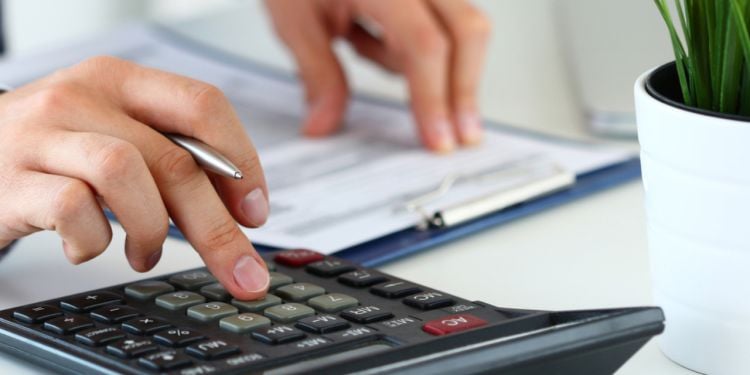
One of the most rewarding things about relocating to Saudi Arabia used to be its tax-free society. Find out exactly how that has changed and how it will benefit you.
Do expats have to pay taxes in Saudi Arabia?
The simplified version of what 'tax-free' really looks like is basically not being taxed or not paying taxes at all. Until recently, that was the advantageous reality for many expats in Saudi Arabia. However, as of 2018, the Value Added Tax was introduced.
Saudi Arabia has been the ideal destination to work, save money, and enjoy a nice work-life balance. With little to no taxes, many expats find it a perfect place to really begin putting some savings away for future plans.
In short, foreigners working in Saudi Arabia are exempt from income tax, property tax, vehicle tax, inheritance or gift tax, license fees, and other taxes that are quite widespread in most Western countries.
Important:
Depending on your home country, you may be subject to double taxation. Check the tax agreements between your country of origin and the Kingdom on the Zakat, Tax and Customs Authority page.
Types of taxes in Saudi Arabia
As one of the five pillars of Islam, Zakat is a very important obligation for every Muslim. It roughly translates to “giving to charity,” and it consists of giving away a certain amount of your profits as religious alms. It is not mandatory for expats to pay Zakat. In Saudi Arabia, Zakat is not restricted to individuals but is applied to businesses and companies as well. It could be assessed on commercial goods, properties, and other financial belongings.
Goods tax
As of January 1, 2018, for the first time ever VAT was applied to all goods and services in Saudi Arabia. The value-added tax (VAT) was first 5% but was subsequently raised to 15% in July 2020.
Goods import
The standard import limit is 3,000 Saudi Riyals worth of personal items and products that can be imported without tax. Anything exceeding this will be charged a minimal tax that the freight or travel company used will issue.
Good to know:
If you clearly state that the goods are personal and not for commercial use, the tax will often be voided.
Just to be sure, check with your moving or freight company for the usual practices regarding taxes.
Corporate tax
A 20% tax rate applies to foreign companies, paid by the non-Saudi owner or liable shareholders. Corporate tax rates may differ across sectors depending on the type of business.
Important:
You are required to settle these tax fees within 10 days following receipt of the company tax return form.
Excise taxes i
In 2017, Saudi Arabia implemented a tax on products that are considered harmful. Those include, for example, a 100% excise tax on tobacco products and energy drinks. It also includes a 50% tax on soft drinks and sweetened drinks. This decision was taken jointly throughout the GCC countries.
Useful links:
We do our best to provide accurate and up to date information. However, if you have noticed any inaccuracies in this article, please let us know in the comments section below.












Comments